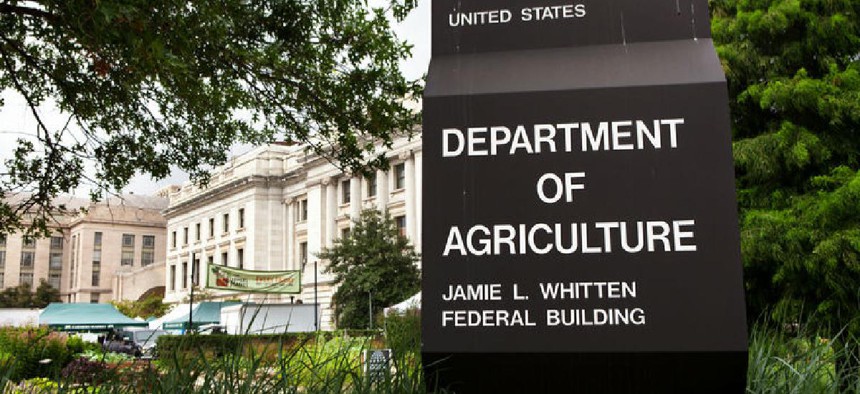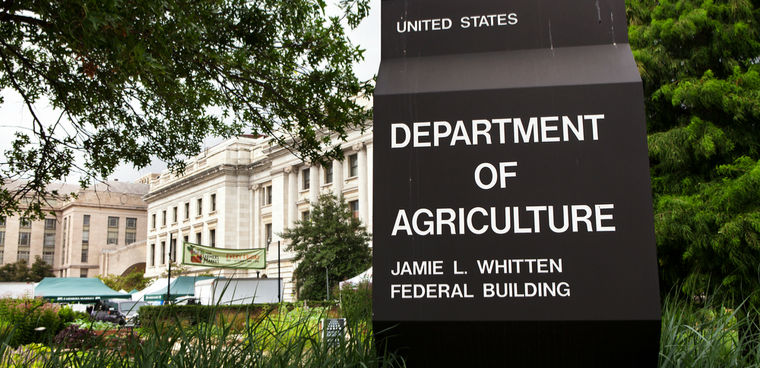Democratic lawmakers look to block USDA relocations in funding measure

More than 30 lawmakers signed an Oct. 24 letter urging House and Senate appropriators to block funds to relocate two Department of Agriculture agencies out of Washington, D.C. to the Kansas City region.

More than 30 lawmakers signed an Oct. 24 letter urging House and Senate appropriators to block funds to relocate two Department of Agriculture agencies out of Washington, D.C. to the Kansas City region.
The letter is the latest in a series of congressional efforts to thwart Trump administration plans to relocate the Economic Research Service (ERS) and the National Institute of Food and Agriculture (NIFA).
Rep. Jennifer Wexton (D-Va.) was the letter's original author, with Capitol region lawmakers including Reps. Gerry Connolly (D-Va.), Jamie Raskin (D-Md.), Donald Beyer (D-Va.), Eleanor Holmes Norton (D-D.C.) , and senators from Maryland and Virginia joining in among other notables.
A House-passed funding bill prevents the USDA from using appropriated FY 2020 money on the relocation. However, the Senate Appropriations Committee advanced a bill that funds the moves.
An August 2019 report from the USDA's Inspector General found that the USDA had no sought Congressional approval to relocate the agencies as required by law.
"With only a fraction of employees opting to relocate, we are extremely concerned that moving forward with this relocation will increasingly jeopardize ERS and NIFA's ability to continue their critical work as well as cause irreparable harm to the federal scientific workforce," the letter stated. It also stated that as a result of the intended relocation, research agencies were being forced to delay or abandon publishing reports because they were losing employees so quickly. According to the letter, only 16 ERS employees and 45 NIFA employees have relocated. USDA is lettings its employees telework on a case-by-case basis until the end of the year.
The entire fiscal year 2020 appropriations process is up in the air, and another continuing resolution to fund the government after the current stopgap bill expires Nov. 21 seems increasingly likely.


